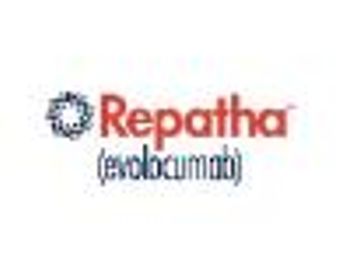
November/December 2015


Part one of a two-part overview recapping significant drugs approved over the last year.

Value and outcomes are key considerations when seeking to reduce health care costs.

New models of collaboration can guide providers in optimizing care for patients with HCV.

Financial concerns among buyers and sellers of specialty pharmacies often take precedence over concise operational documentation that can kill a potential deal.

An understanding of biosimilars will be essential for patient consults and education.

Telemedicine is becoming increasingly integrated into the operations of health care providers, but numerous questions linger.

Pharmacists can collaborate with the entire health care team to improve adherence.

Closed-system transfer devices protect health care workers from hazardous drugs. It is important for pharmacists to understand the disparate design characteristics of these systems, and how these characteristics may affect protective efficacy.

Chat communication offers convenience and access to accurate clinical information.

Specialty pharmacies must plan carefully to ensure compliance with new supply chain rules.

Stakeholders must work together to combat media reports that incorrectly define specialty pharmacy by the cost of medications and not the services provided.


Repatha (evolocumab) treats primary hyperlipidemia in combination with dietary measures and maximally tolerated doses of statins.